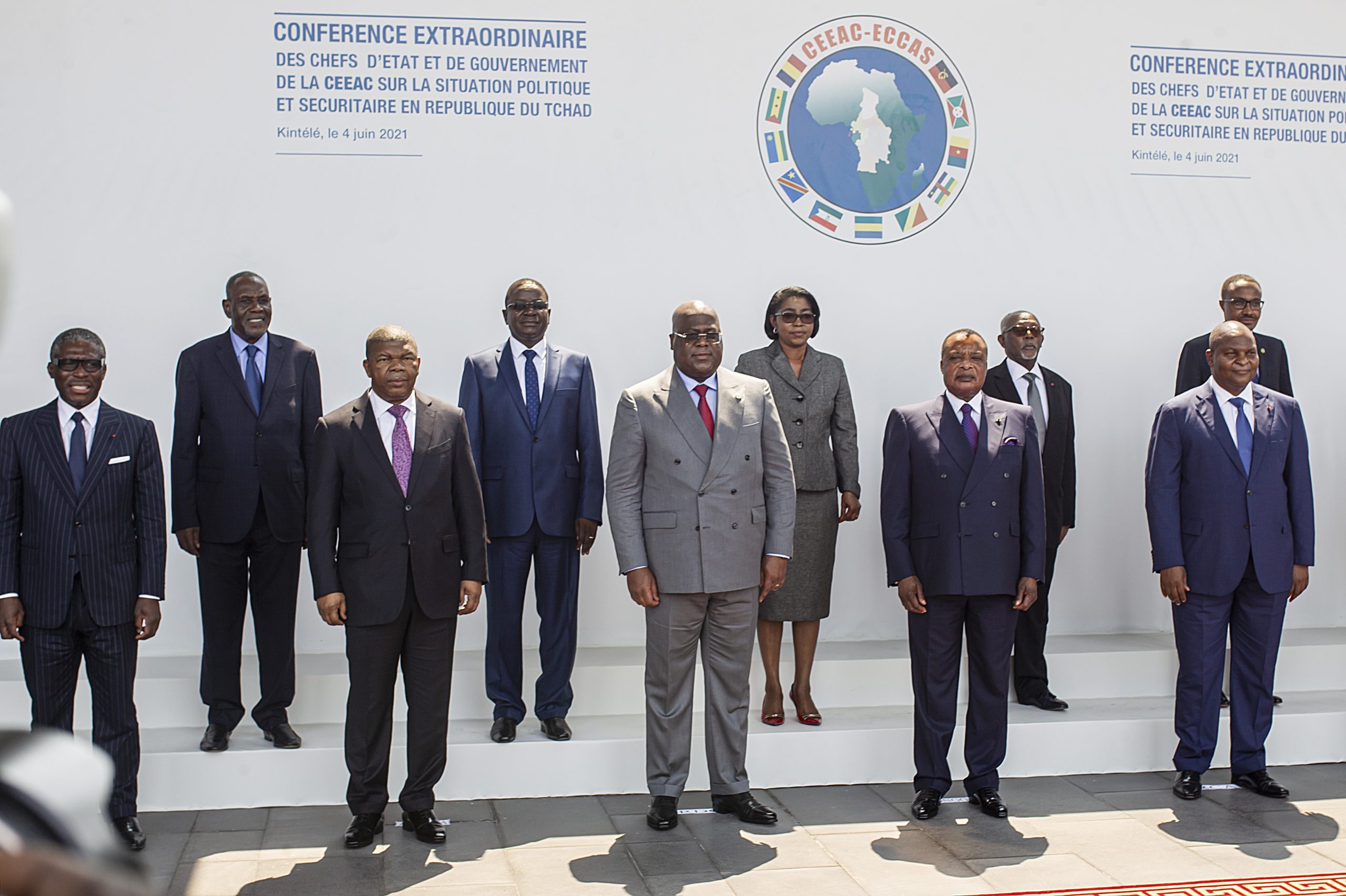Central African ministers have agreed to merge two regional blocs in a move to boost trade and integration. The 11-member Economic Community of Central African States (ECCAS) will join with the six-member Economic and Monetary Community of Central Africa (CEMAC).
The deal aims to eliminate rivalry that has helped to make central Africa the poorest region among Africa’s economic groups.
The Central African economy ministers who met in Cameroon say they want to foster regional integration, accelerate economic transformation and facilitate development by merging the two economic blocs by 2023.
Cameroon, the Central African Republic, Congo, Gabon, Equatorial Guinea and Chad are members of the Economic and Monetary Community of Central Africa, or CEMAC, while the Economic Community of Central African States, ECCAS, is made up of all CEMAC member states plus Angola, Burundi, the Democratic Republic of Congo, Rwanda and Sao Tome and Principe.
“The sub-region will be more integrated, more competitive, efficient and strong enough to compete with the other regions. We have some countries that are stronger in central Africa that could push the rest,” said Charles Assamba Ongodo who heads the unit of a pilot committee created to merge both groupings.
Ongodo further added that having one economic bloc instead of two will reduce administrative duplication and associated costs.
Both ECCAS and CEMAC were created to reduce inequality and poverty in central Africa. With ECCAS coming into existence in 1983 while CEMAC was created a decade later in 1999. Together, ECCAS and CEMAC constitute a market of a population of more than 240 million people and is the least integrated region in Africa, according to the African Union.
Moise Taboue, one of the pilot committee’s consultants, says the effects of Russia’s ongoing war in Ukraine underscore the need for central Africa to merge its two economic structures and focus on its development.
Taboue said central African states produce about 5% of pharmaceutical products they need and spend $269 million to import pharmaceutical products from Europe each year despite their huge potential. He further added that the over-dependency of central African states on imports is responsible for hardships among civilians caused by scarcity and spiraling food and commodity prices since Russia launched its war in Ukraine in February of this year.
Cross-border business among central African states is estimated at less than 5% against a continental average of about 20 percent. The region still lags behind in matters land, air and sea infrastructure which are required for full integration.

